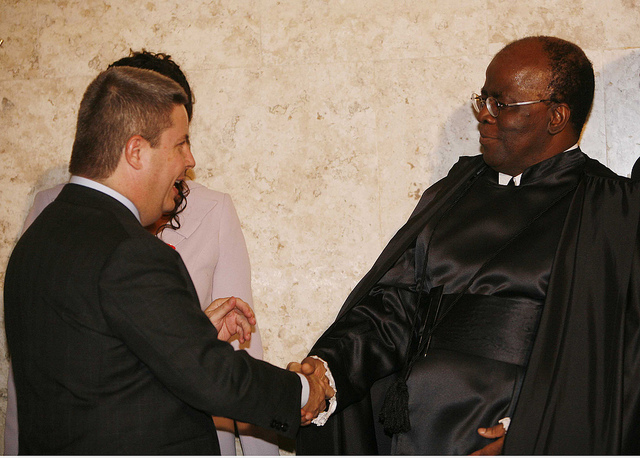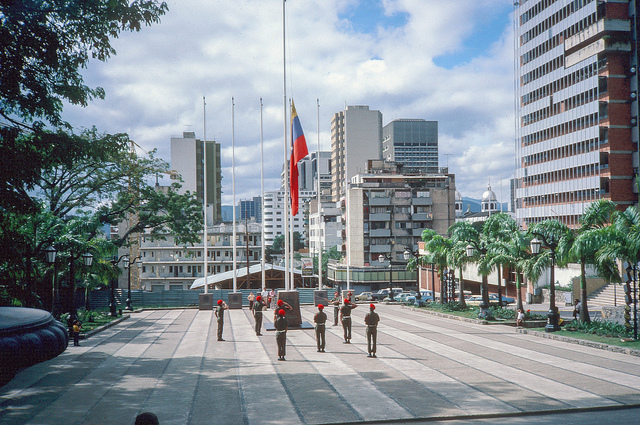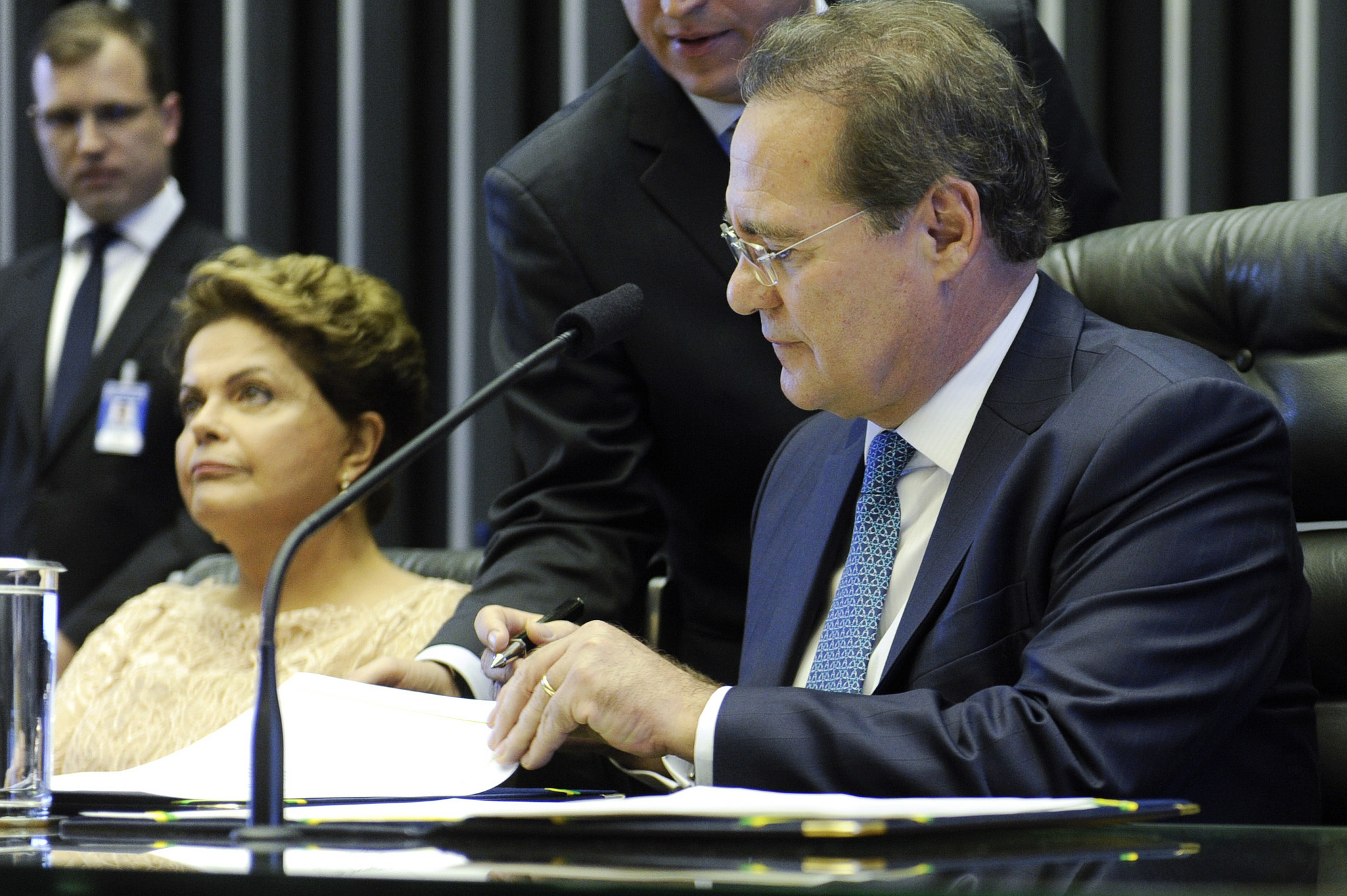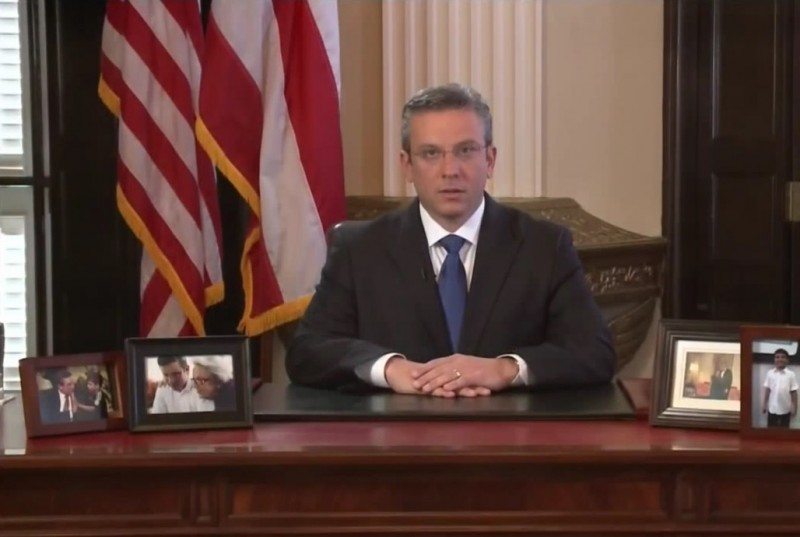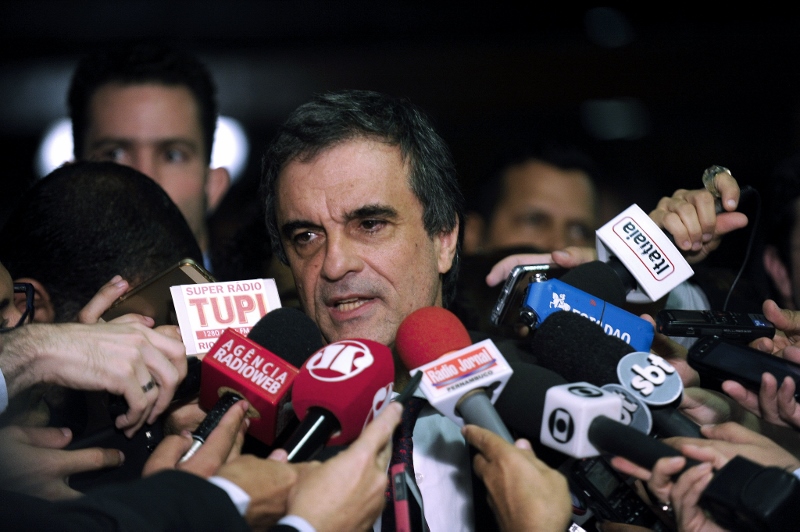
Caribbean, Cuba, Latin America: Week in Review, United States
U.S., Cuba Will Announce Embassy Openings
July 1, 2015 By Staff
Top Story — The United States and Cuba are expected to announce Wednesday the details of their plans to open embassies for the first time in more than 50 years, a U.S. official has told Reuters. The much-anticipated announcements will reportedly be made today by President Barack Obama and Secretary of State John Kerry, along with an announcement by the Cuban government.
The move will be the most substantive gesture to date shown by the two countries since they announced in December their plans to normalize diplomatic relations. Kerry is expected to travel to Havana during the week of July 20 to attend the opening of the U.S. embassy there, Reuters reported.
The two countries currently operate interests sections within the respective embassies of Switzerland in Washington and Havana.
Despite expressed commitments by both governments to restore relations, hurdles remain, including disagreements over human rights issues. The U.S. Congress retains control of the economic embargo against Cuba, and is not expected to repeal it in the near future.
A major sticking point in relations between the two, however, was resolved in April, when the United States announced it would remove Cuba from its list of state sponsors of terror.
Headlines from the Western Hemisphere
North America
- A seven-year-old boy was shot in the head in the northern Mexican state of Tamaulipas, where he remains hospitalized in critical condition after gunmen fired on a military convoy and nearby traffic, according to authorities.
Caribbean
- A number of economists and officials agree that Puerto Rico should be allowed to declare bankruptcy in order to avoid the same fate as Greece, according to The Associated Press, given the U.S. territory’s current economic crisis.
- In one of the “greatest public health achievements possible,” according to the head of the World Health Organization, Cuba has successfully eliminated mother-to-child transmissions of HIV and syphilis.
- Pope Francis’ itinerary for his September visit to Cuba and the United States was released on Tuesday, and will include meetings with the homeless in Washington D.C. and a mass held in Havana’s Revolutionary Square.
Central America
- Authorities in Honduras have issued a warrant for the arrest of Lena Gutiérrez, a federal lawmaker and vice-president of Congress, along with 15 others allegedly involved in a sweeping corruption scandal.
- A northwestern province of El Salvador is virtually devoid of the gang violence that plagues the rest of the country, according to a new piece from PRI, though traces of El Salvador’s civil war of the 1980s are found throughout the region.
Andes
- U.S. Republican Sen. Bob Corker of Tennessee was in Venezuela on Tuesday to meet with members of the South American country’s opposition, at a time when the Obama administration has held high-level talks with President Nicolás Maduro in an effort to reduce tensions between the two countries. It is not yet clear whether Sen. Corker intends to meet with Maduro or any member of his administration.
- A former right-wing militia leader in Colombia was sentenced in a U.S. court to 16 years in prison for taking part in a scheme that trafficked over 150 tons of cocaine into the United States.
Southern Cone
- The large-scale replacement of 2,000 soldiers by police officers in Complexo da Maré, a cluster of shantytowns in Rio de Janeiro, Brazil, has been completed, as part of a long-term pacification program of communities once ruled by drug traffickers and militia members.
- Brazilian President Dilma Rousseff met with Barack Obama on Tuesday at the White House as part of her first visit since canceling a meeting in 2013 amid allegations of the United States spying on Brazil. Rousseff has pledged to restore upwards of 12 million hectares of deforested land in her country, and both countries agreed to boost by 20 percent the amount of domestic electricity obtained through renewable energy by 2030.

